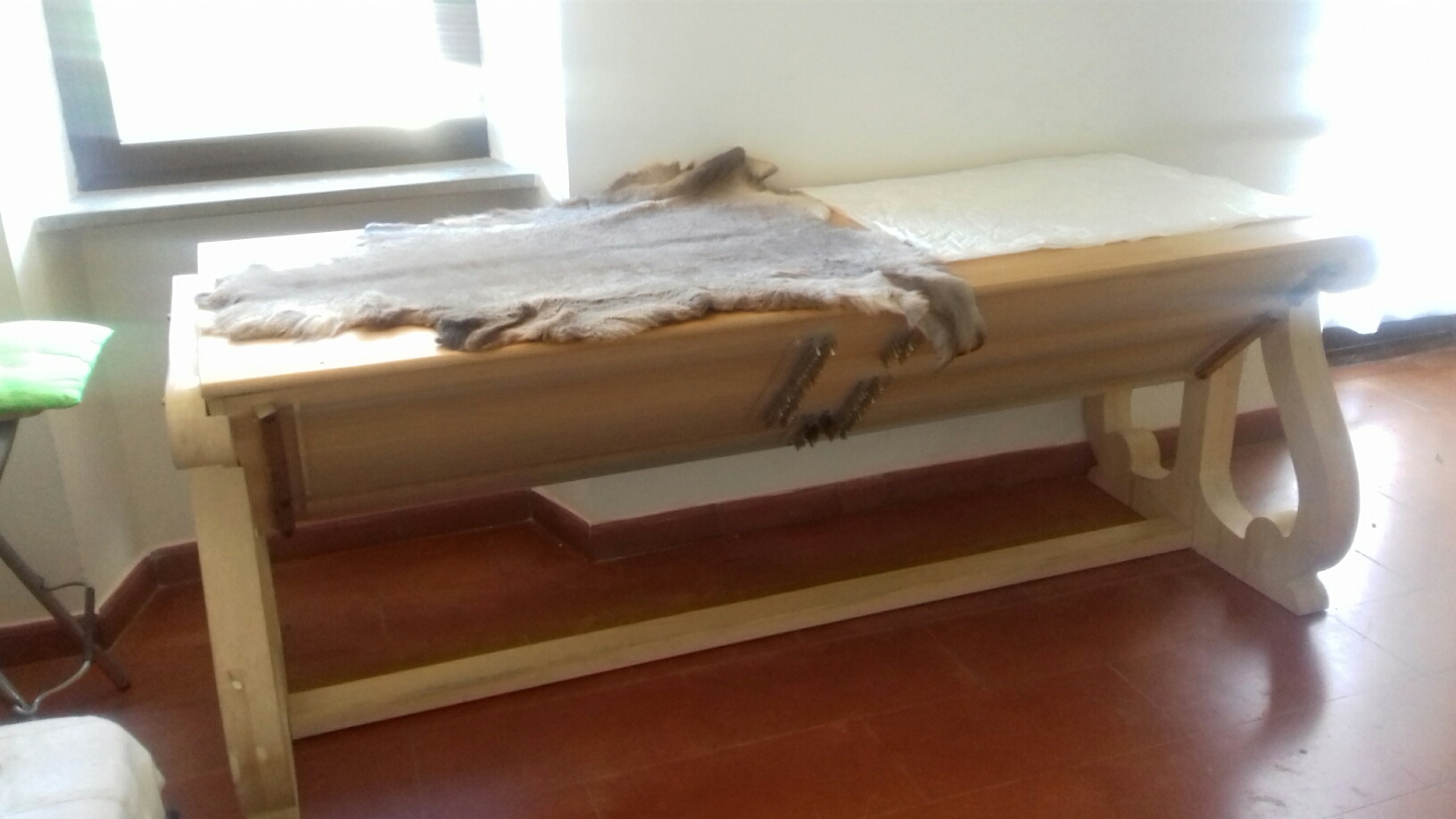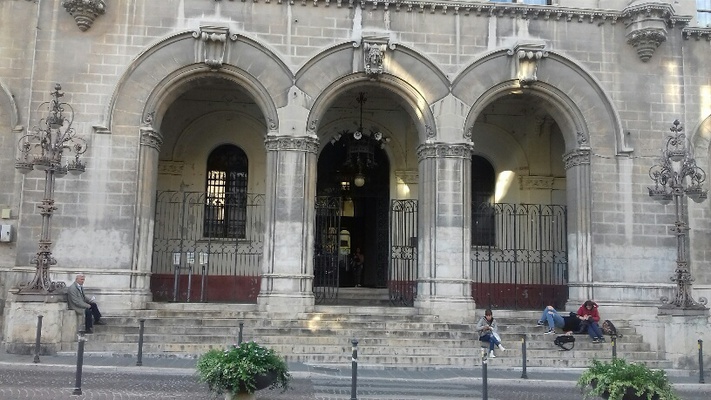Vesna Rak, školska psihologinja, polazi tečaj "Digitalni alati za učenike s posebnim potrebama" u Perugia-i, Italija.
Ponedjeljak, 9. 10. 2017.
- dan tečaja
Voditelj tečaja Simone Donnari, artterapeut s 20-godišnjim iskustvom, upoznao me je s profilom njegove neprofitne udruge „Centro Atlas“ i timom Centra koji se sastoji od psihologa, artterapeuta, muzikoterapeuta i logopeda i broji 23 volontera.
Tečaj je fokusiran na aktivnu inkluziju učenika s posebnim potrebama. Cilj tečaja je razumjeti teorijsku pozadinu digitalnih alata i sredstava i pomagala koja se koriste u radu te znati izabrati i upotrijebiti najbolji alat za određenu osobu. Tijekom tečaja bit će objašnjen, ilustriran i demonstriran svaki alat. Realne životne situacije vidjet ću na videosnimkama rada s djecom s posebnim potrebama, ali i svakodnevno prisustvovati praktičnom radu s klijentima. Simon je prikazao videosnimak praktičnog rada s autističnim dječakom (4. god.).
Rad se snima videokamerom čime je omogućeno analiziranje rada tijekom supervizije.
Isprobala sam funkcionalni stol namijenjen djeci koja ne podnose fizički dodir drugih osoba, a koji proizvodi različite vibracije pomoću muzičkih zvukova s ciljem da na ugodan način osjete dodir na različitim dijelovima tijela i s vremenom se senzibiliziraju na osjet dodira. Obišli smo i vrt u kojem autistična djeca izrađuju drvene četvrtaste tegle i sade biljke koje brzo uspijevaju da bi zadovoljili svoju potrebu za dodirivanjem predmeta i motorikom.
Alati su rezultat višegodišnjeg rada i terapeutske primjene na različitim populacijama djece. Najbolju praksu selekcionirala su djeca s posebnim potrebama.

Vesna Rak, a school psychologist, is attending the course "Digital Tools for students with special need" in Perugia, Italy.
Perugia, sitting atop an irregular hillside, is the largest city of art. Most of its treasures are enclosed in the historical centre, surrounded by two rings of Etruscan and medieval walls. Piazza IV Novembre is the fulcrum: in its centre lies the beatiful Fontana Maggiore, symbol of Perugia.

Monday 09/10/2017
1st day of course
The leader of the course Simone Donnari, an experienced arttherapist, introduced me to a profile of his non-profit organization Centro Atlas and his work. His team of 23 volunteers consists of psychologists, arttherapists, musictherapists and speechtherapists.
This course is focused on the active inclusion of students with special needs. The objective of the course is to understand theoretical background of the digital sources and tools which are used in the work as well as to know how to choose and apply the most appropriate tool for a certain person. During the course every tool will be explained, illustrated and demonstrated. The actual life situation will be presented to me on videos the content of which is the work with the children with special needs. Along with this, I will be also attending the practical work with the clients. As an introduction, Simone has displayed on a video the practical session with a four years old autistic boy. The whole procedure is video recorded, which in turn provides an analysis afterwards during the supervison.
I have tested the functional table designated for children who cannot bear the physical touch made by another person. The table is producing various vibrations according to the musical sounds in order to enable children to feel the touch on the different parts of the body in a pleasant way. The final aim is to make them sensible to the sensation of touch.
We have also visited the garden in which the children with autistic disorder were making wooden quadrangular pots and planting the plants which grow fast in order to satisfy their need for motoric and touching the things.
The tools are the result of long-term work and therapeutic applications on a different children population. The best practices were selected by the children with special needs.